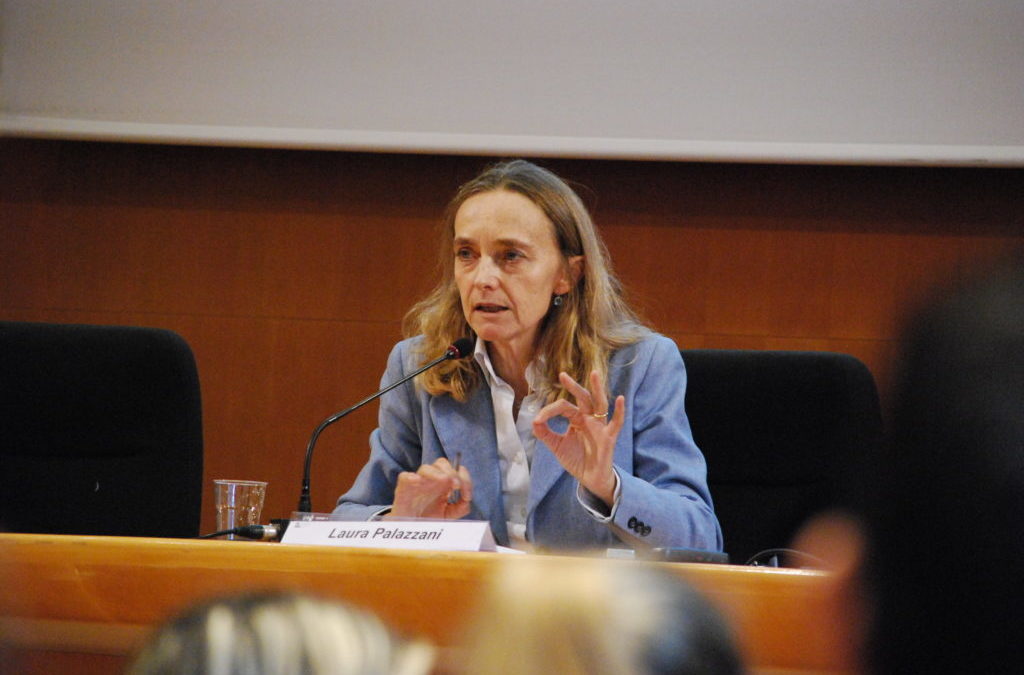Interview with Laura Palazzani, i-CONSENT Coordinator for Lumsa University
Laura Palazzani is Full Professor of Philosophy of Law, Biolaw and Bioethics at LUMSA University of Roma. She is Vice-President of the Italian Committee for Bioethics (since 2007) at the Presidency of the Council of Ministers; she is member of the European Group on Ethics in Science and New Technologies, European Commission (2010-2015 and again since 2017); Italy’s official delegate to the Committee on Bioethics DH-BIO, Council of Europe (since 2014); member of the UNESCO International Bioethics Committee (since 2016).
Her main topics of research are: the concept of person; gender issues; biolaw and justice; beginning of life and end of life issues; the ethics of experimentation on human beings (on women, children, developing countries); biobanks; emerging/converging technologies (ehealth, gene-editing, neurosciences, robotics, AI); enhancement.
What is LUMSA’s roll in the i-CONSENT Project?
In our group of researchers, we are studying the topics of informed consent from an ethical and legal point of view. We are trying to identify some gaps and challenges at three different levels, as far as vulnerable groups are included:
- The first one is informed consent for minors,
- The second one is informed consent for pregnant women
- The last one is informed consent in multicultural settings
In short, we are trying to identify the main needs and difficulties of patients and potential participants in Clinical Trials in these specific situations in order to overcome them.
When in comes to minors, what are the points at issue?
Concerning minors, the core aspect is age and their capacity to comprehend and understand the information. Minors are dynamically evolving and so does their capacity to comprehend. The main problem is that we cannot fix an age in order to adequate and tailor the information for them. There lies the importance of searching for strategies to tackle this issue.
In short, we are trying to identify the main needs and difficulties of patients in these specific situations in order to overcome them.
Laura Palazzani, i-CONSENT Coordinator at Lumsa Univesity
What about gender issues?
We developed a specific reflexion on the issue of fertile, pregnant and breast-feeding women in a clinical research context, considering their specific situation and fostering the respect of their dignity and health and of the foetuses’.
What are the ethical challenges at stake when talking about different multicultural settings?
We are discussing the role of the cultural mediation in the informed consent. We recommend to the investigators not only to translate communication materials but also to take into account the cultural and religious background of the potential participant/patient.
Could you give us a final message summarizing the main objective of your team’s research?
In summary, we are discussing and reflecting on clinical research issues involving informed consent and vulnerable groups: our common aim is to tailor informed consent to these situations for a better protection of potential participants/patients alongside with the promotion of clinical research as a way of reaching the common good.
